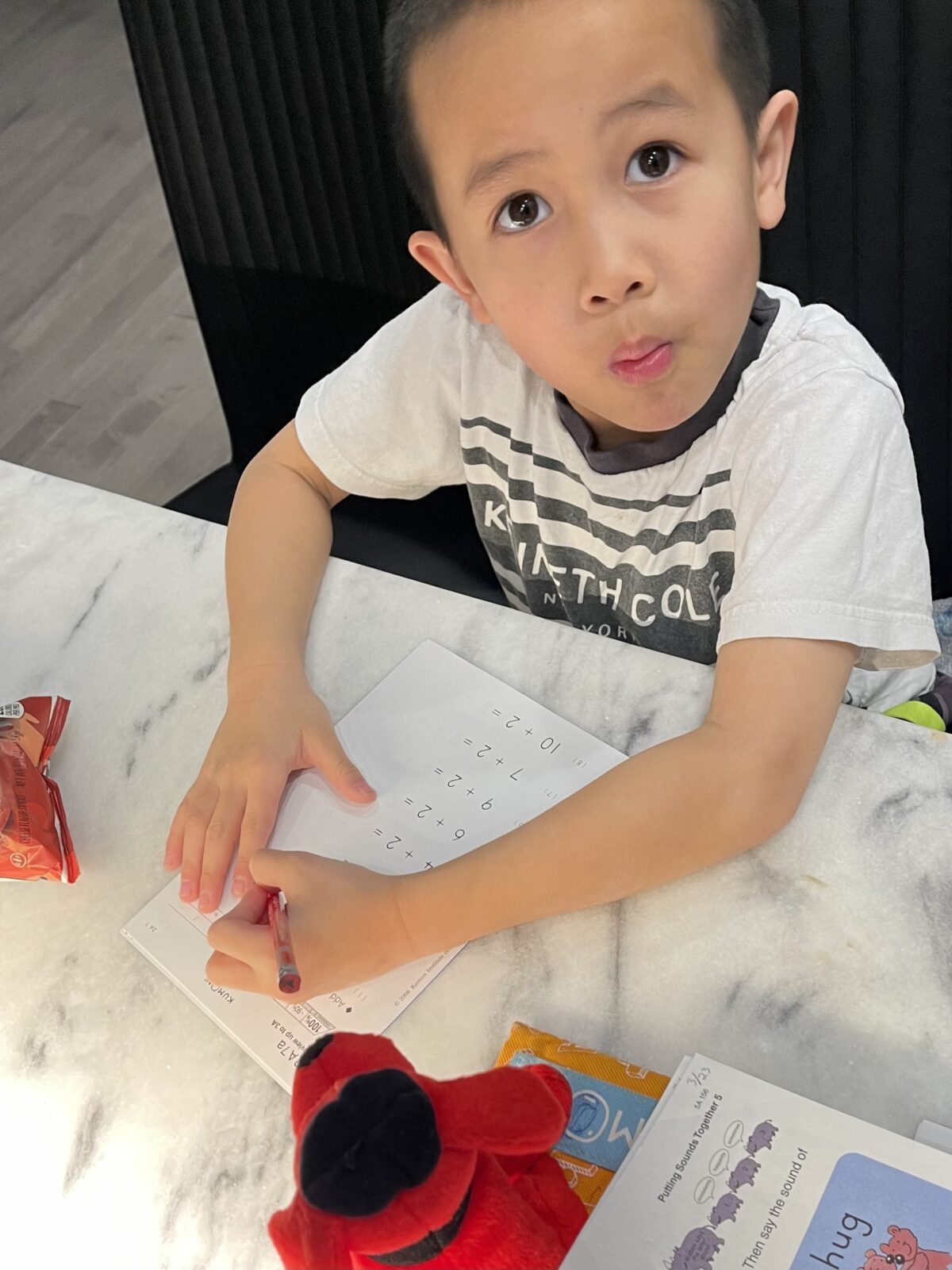Have you ever experienced a day so imbued with the divine presence that you couldn’t help but exclaim, “God, I love You so much”? Such moments are rare, yet they leave an indelible mark on our souls, transforming our perspective on life and our purpose within it. Di Tran, the renowned author of “Drop the FEAR and focus on the FAITH” and “Drop the ME and focus on the OTHERs,” reflects on this profound spiritual experience.
For Di Tran, this wasn’t just a fleeting moment of religious fervor; it was a day of unparalleled joy, productivity, and an overwhelming sense of value. It was a day where helping others wasn’t just an action but a calling. This experience, according to Tran, is when we are most aligned with God’s purpose for us, where our actions and thoughts transcend our self-imposed limitations and echo the divine.
Such days are marked by a profound sense of clarity and purpose. Everything we do feels significant, not just for our own lives but for the greater good. Our usual worries and fears take a backseat, replaced by an unwavering faith in a higher power and a deeper understanding of our role in this world. It’s as if God is working through us, guiding our actions and thoughts to create something beautiful and meaningful.
This divine guidance isn’t limited to monumental acts; it’s present in our everyday kindness and compassion. It’s in the smile we share with a stranger, the comfort we provide to a friend in need, and the patience we exhibit in trying times. It’s a reminder that our actions, no matter how small, can have a profound impact on others and ourselves.
Di Tran’s message is clear: Embrace these moments of divine connection. Let them guide you to live a life filled with faith, purpose, and service to others. Remember, it’s in these moments that we truly find ourselves and understand our place in the grand tapestry of life.
As you reflect on this message, ask yourself: When was the last time you felt God’s presence so strongly that it moved you to declare your love for the divine? How can you open your heart and mind to experience such profound joy and purpose more often? The answer lies within, waiting to be discovered and embraced.
This article encapsulates the essence of Di Tran’s spiritual insights and experiences, providing readers with a thought-provoking perspective on the intersection of divine presence and everyday life.








